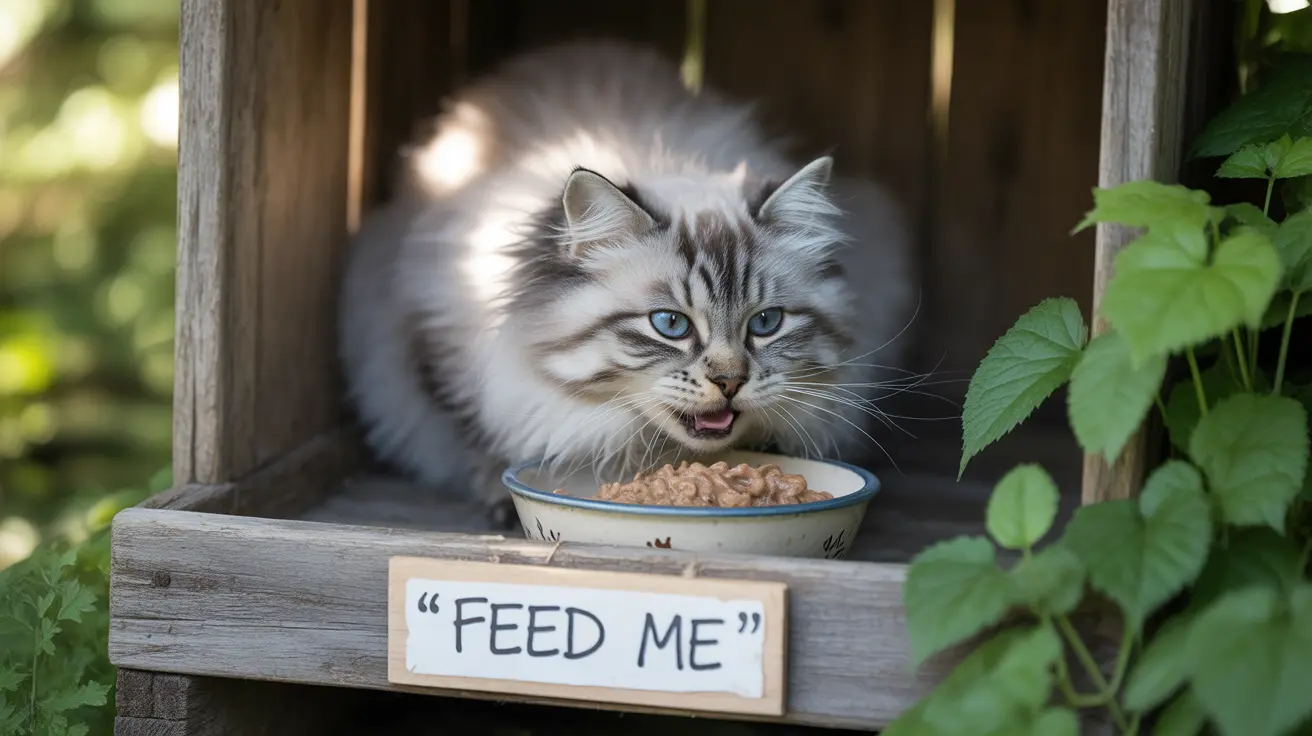Understanding the Need for Deworming Feral Cats
Feral cats are particularly vulnerable to intestinal parasites due to their outdoor lifestyle, hunting behaviors, and communal living conditions. These parasites can cause serious health issues including malnutrition, anemia, and in severe cases, death. Additionally, some of these parasites can pose risks to humans and domestic pets in the area.
Most Effective Methods for Deworming Feral Cats
Medication in Food Method
The most practical approach for deworming feral cats is mixing medication with food. Use these steps:
- Choose high-value, strong-smelling food like tuna or wet cat food
- Mix the dewormer thoroughly into the food
- Establish regular feeding times
- Monitor to ensure targeted cats consume the medication
Trap-Neuter-Return (TNR) Opportunity
When feral cats are trapped for spaying or neutering, this presents an ideal opportunity for deworming under professional supervision. Veterinarians can administer appropriate medications while the cat is already confined and often sedated.
Choosing the Right Deworming Medicine
Several effective deworming medications are available for feral cats:
- Fenbendazole (Panacur): Safe for all ages, including pregnant cats
- Pyrantel pamoate: Effective against roundworms and hookworms
- Praziquantel: Specifically for tapeworms
- Combination products: Offer broad-spectrum protection
Creating an Effective Deworming Schedule
Regular deworming is essential for maintaining colony health. Recommended schedules include:
- Kittens: Every 2 weeks from 2-16 weeks of age
- Adult cats: Every 3 months
- Pregnant/nursing cats: As advised by a veterinarian
Prevention and Colony Management
Successful deworming extends beyond medication administration. Implement these preventive measures:
- Keep feeding areas clean
- Remove feces regularly
- Control flea populations
- Maintain detailed treatment records
Frequently Asked Questions
What is the easiest way to deworm a feral cat without trapping it?
The easiest method is mixing deworming medication with wet food or strong-smelling treats. Use multiple feeding stations to ensure all cats receive treatment, and monitor feeding times to confirm consumption.
How do I safely give deworming medication to feral kittens that won't eat solid food?
Mix liquid dewormer with kitten milk replacer. First, establish trust by offering plain milk replacer for 2-3 days, then introduce the medicated formula gradually.
Which deworming medicines are most effective and safe for treating feral cats?
Fenbendazole (Panacur) is widely considered one of the safest and most effective options, especially for colony treatment. It has a broad spectrum of activity and a wide safety margin.
How often should feral cat colonies be dewormed to prevent parasite infestations?
Adult feral cats should be dewormed every three months. Kittens require more frequent treatment: every 2 weeks from 2-16 weeks of age, then monthly until 6 months old.
What signs indicate a feral cat might be suffering from worms and need treatment?
Look for weight loss, bloated abdomen, dull coat, diarrhea, visible worms in stool, lethargy, and poor body condition. In colonies, regular preventive deworming is recommended regardless of symptoms.
Conclusion
Successfully deworming feral cats requires patience, planning, and consistency. While it may seem challenging, implementing a regular deworming program is essential for the health of both the cats and the community. Remember to work with local veterinarians when possible and maintain detailed records of your colony's treatment schedule.






